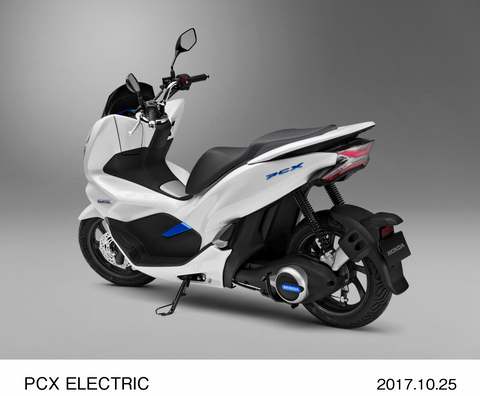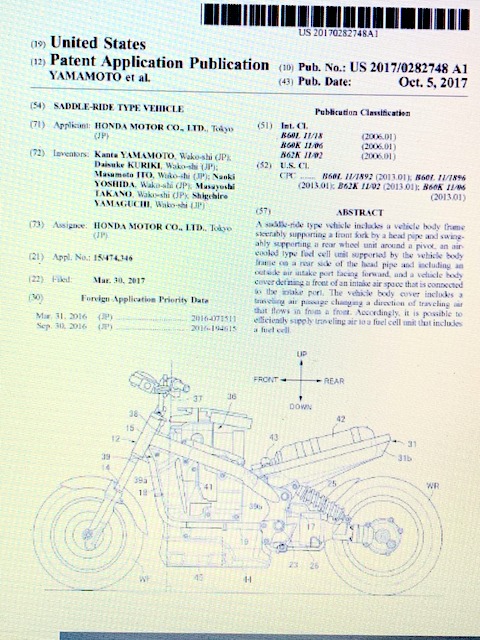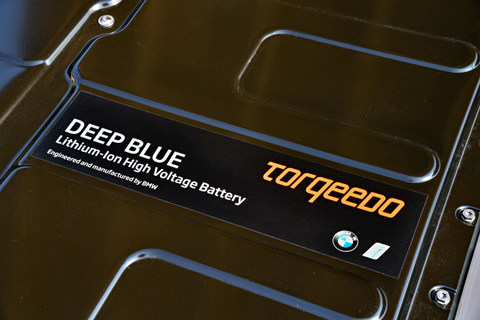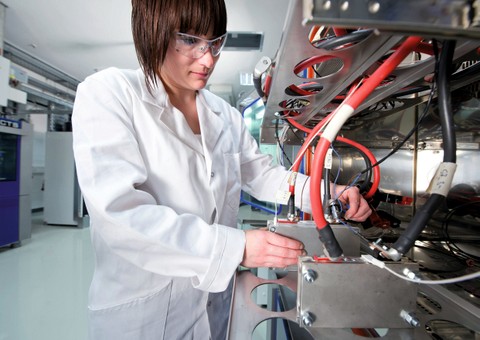It’s Time for the Big Boys To Engage
The
electric motorcycle industry was pioneered by inventors and engineers who
integrated electric powertrains with existing motorcycle designs and
components. Their vision helped show the motorcycle community their enjoyment
didn’t have to be tied to the traditional power source.

Globally,
the transportation industry is shifting to cleaner technologies to power their
vehicles, but it comes with an added cost. From development to production, EVs
are more energy and resource intensive than their petroleum consuming
counterparts.
An
evolution in energy storage will be necessary to make electric motorcycles
practical for the average rider, but innovation is a costly, long game,
requiring substantial budgets and even broader visions, not exactly the tools
available to emerging companies. As motorcycle markets worldwide are showing
paltry growth, clean technologies often represent an investment many
traditional manufacturers struggle to fit into their already tightening
budgets.
Big Allies Offer Big Hope
The
auto industry could be perfectly suited to carry the technology to the next
stage. Three major car companies also make motorcycles, and they’re downright
profitable at doing so. The automotive divisions of Honda, BMW and VW’s Audi (which
owns the Ducati brand) bring in a three-to-eight percent profit margin compared
to their motorcycle operations at 10-14 percent.

Based
on size alone, Honda is in a position to be a clean technology leader. Having invested
heavily, not only in battery electric vehicles, but also hydrogen fuel cell
electric vehicles (FCEV), they have been acquiring FCEV motorcycle patents for more
than a decade. In a much publicized filing from March 2017, we got a glimpse at a potential FCEV with
streetfighter styling, although the project has been fairly quiet since then. A
recent consortium
with the other “big four” Japanese motorcycle manufacturers to standardize
replaceable batteries, could indicate their primary focus remains on
“traditional” electric motorcycles, however Honda has the capital to keep quite
a few irons in the fire.
The Power to Move Forward
Both
Honda and BMW have recently signed large deals with Contemporary Amperex
Technology Co., Ltd. (CATL), China’s leading battery manufacturer, pointing to
at least a short-term solution to the challenge of sourcing energy storage.

BMW
made its EV intentions known earlier this year with the announcement of the Vision DC Roadster. However, the battery was one element of the project that was
not immediately clear–perhaps a CATL battery will make it a real contender. If
you think the average electric motorcycle convert is concerned about range,
BMW’s touring demographic will especially need to see some large numbers before
trading the pump for the plug.
VW Bets On Themselves
While
BMW and Honda are motorcycle companies who became car companies, Volkswagen is
a car company who always wanted to own a motorcycle company. Ducati had been in
its sights for many years before being purchased in 2012 through Audi
subsidiary Lamborghini–providing the struggling Italian brand with a strong
financial backing, and even more valuable, technological capital.

Volkswagen
is investing significantly in the future of electric vehicles for its
companies. Taking battery production in-house to minimize supplier dependence,
while also giving its engineers greater flexibility in design. These are great
signs for a potential Ducati entry into the electric market–we know they can
build a beautiful bike, and with VW EV technology, it could make for a potent
combination.
Critical Solutions
The
most prominent criticisms of electric motorcycles center around the battery,
and let’s be honest, most of them are pretty valid. Battery efficiency has
improved exponentially as the technology has been refined, and we’re still
reasonably early in this evolution. It would seem reasonable to expect this
trend to continue, particularly as the best engineering minds in transportation
become dedicated to the task.
Source: Electric, Hybrid, Clean Diesel & High-MPG Vehicles

